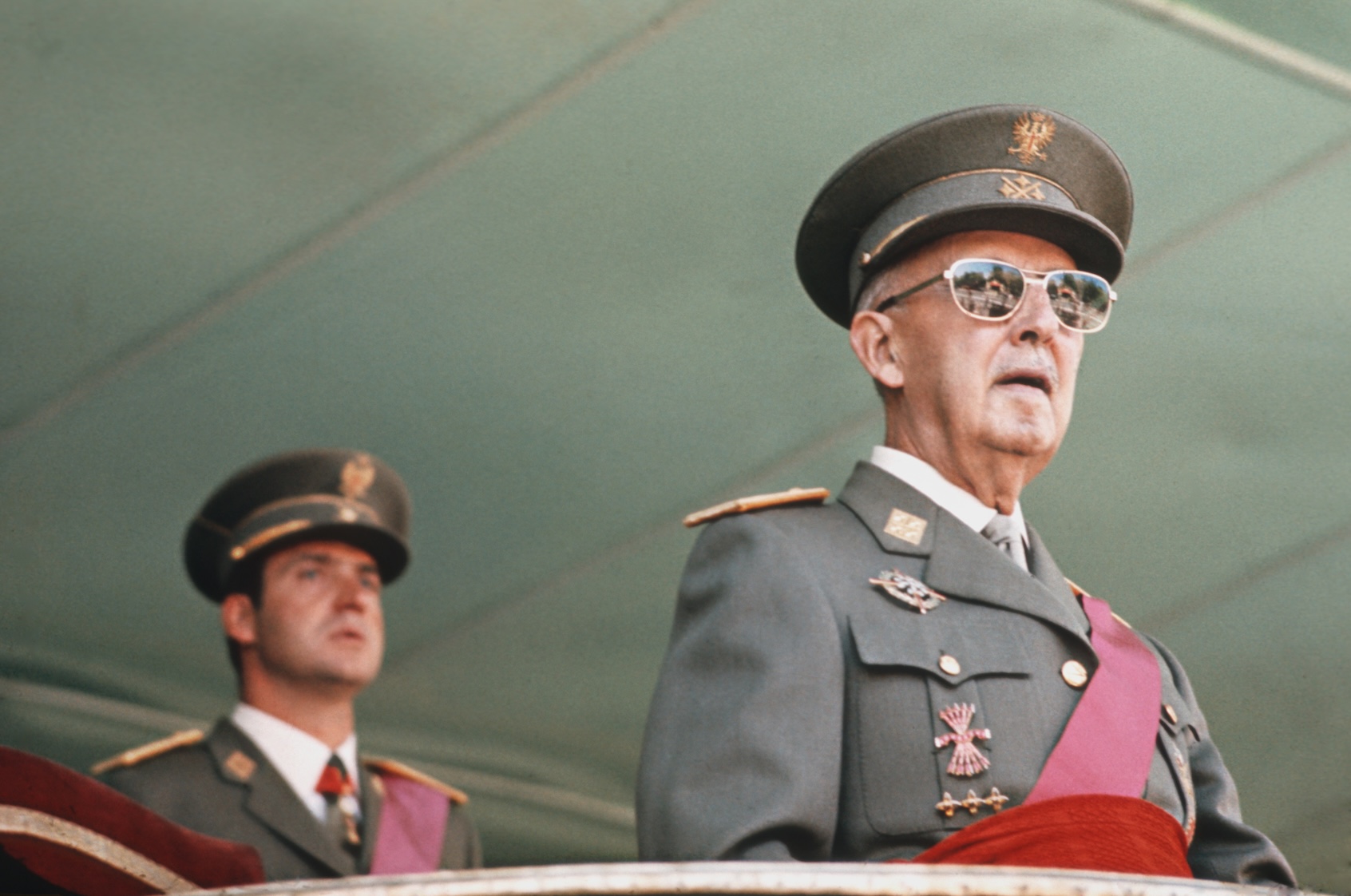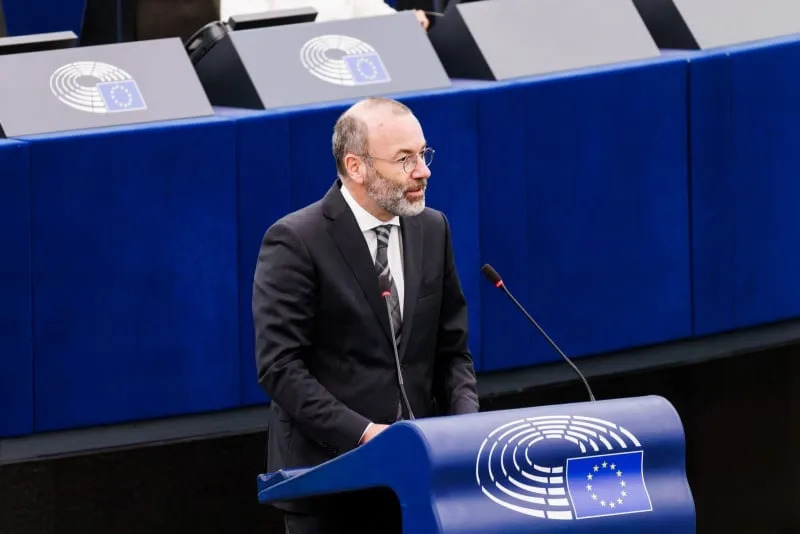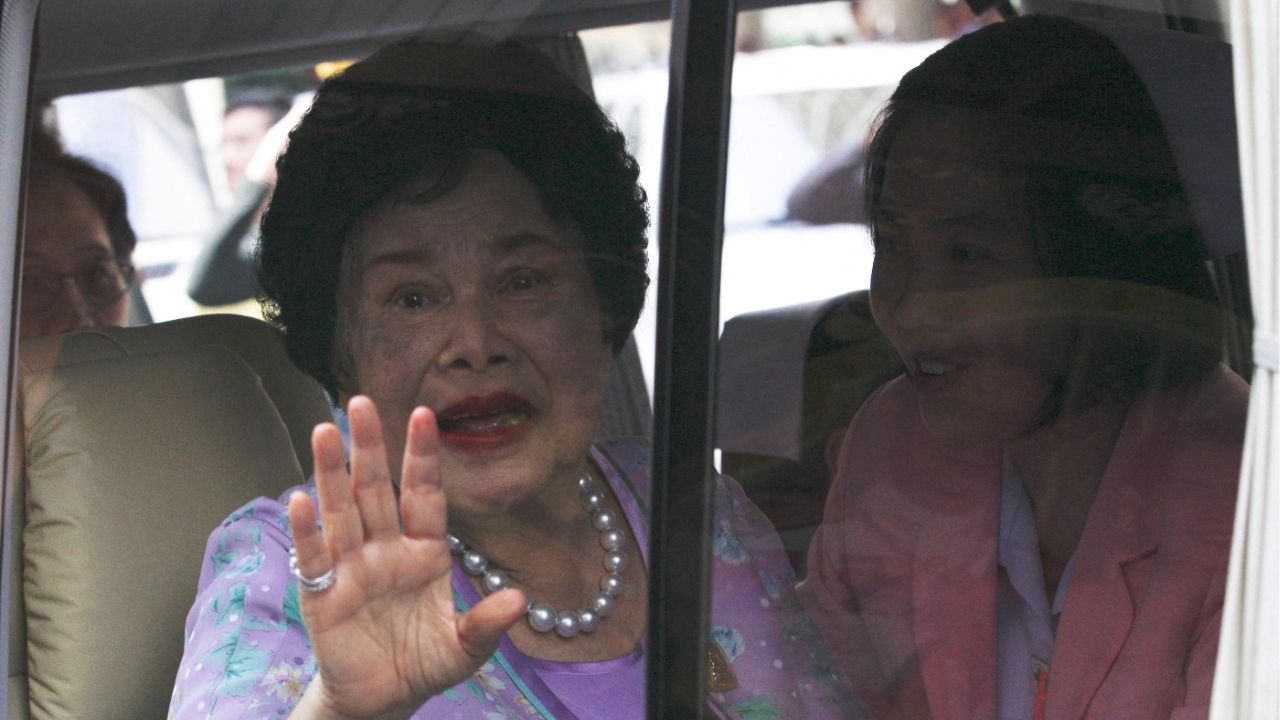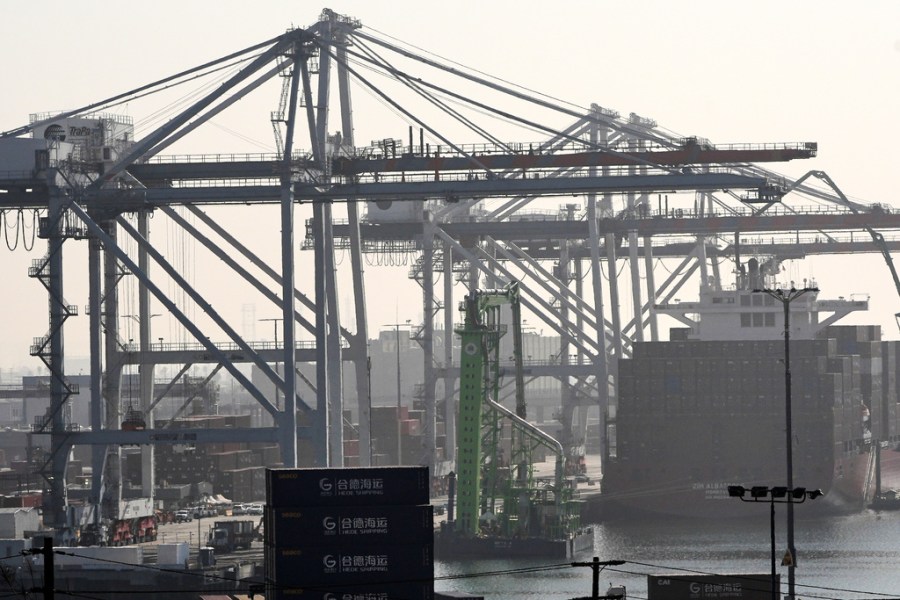The far-right movement in the United States is increasingly drawing inspiration from historical figures such as Francisco Franco, the Spanish dictator who ruled for 35 years until his death in 1975. This connection becomes more evident as American political figures align themselves with extremist sentiments that echo Franco’s authoritarian rule. Such admiration raises questions about the underlying motivations and implications for contemporary politics.
The relationship between the American far right, represented by figures like Donald Trump, and European political movements is complex. Some European leaders, including Hungary’s Prime Minister Viktor Orbán, have sought to align with Trump, despite his waning influence. This mutual fascination is rooted in a shared vision that often distorts historical realities.
Recent commentary by Dan Kaufman in the New York Review of Books highlights a growing admiration for Franco among American right-wing activists. Kaufman reviews Paul Preston’s “Architects of Terror,” which details the brutalities of Franco’s regime. His insights suggest that certain factions of the American right view Franco not merely as a historical figure but as a model for governance that they wish to emulate.
Franco’s legacy is marked by the suppression of dissent, a characteristic that resonates with contemporary political rhetoric. As Kaufman points out, the regime’s persecution of various ethnic and linguistic groups mirrors current trends in which dissent is framed as an existential threat. For many right-wing commentators, Franco’s ability to maintain control through a blend of authoritarianism and nationalism is perceived as a template for success.
The fascination with Franco is not a new phenomenon. Figures like William F. Buckley Jr. have romanticized Franco’s rule, portraying him as a national hero necessary for maintaining order. Such perspectives have resurfaced in contemporary discussions, suggesting that the far-right movement is revisiting historical narratives to justify authoritarian governance in today’s political climate.
Franco’s regime was characterized by a ruthless crackdown on opposition, often justified through a narrative of patriotism and religious faith. This has led to a troubling parallel with modern political strategies that rely on similar themes, including the demonization of dissenters. The framing of political adversaries as threats to national identity reflects tactics employed during Franco’s rule.
While the American right may admire Franco’s methods, it is crucial to recognize the differences in context and implementation between then and now. The socio-political landscape of early 20th-century Spain was different, with a feudal aristocracy collaborating with a dictatorial regime. Nonetheless, the underlying desire to reassert dominance and control can be observed in the rhetoric of some modern political actors.
As the far right continues to evolve, the echoes of Franco’s regime serve as both a cautionary tale and an inspiration. The challenge remains for society to critically assess these historical comparisons and their implications for the present and future. The desire to revive such ideologies can lead to significant societal consequences that warrant careful examination and discourse.
The admiration for Franco illustrates a troubling trend within contemporary politics, where authoritarian figures are romanticized rather than critically evaluated. As the political landscape shifts, the lessons of history should inform current debates and guide the path forward.







